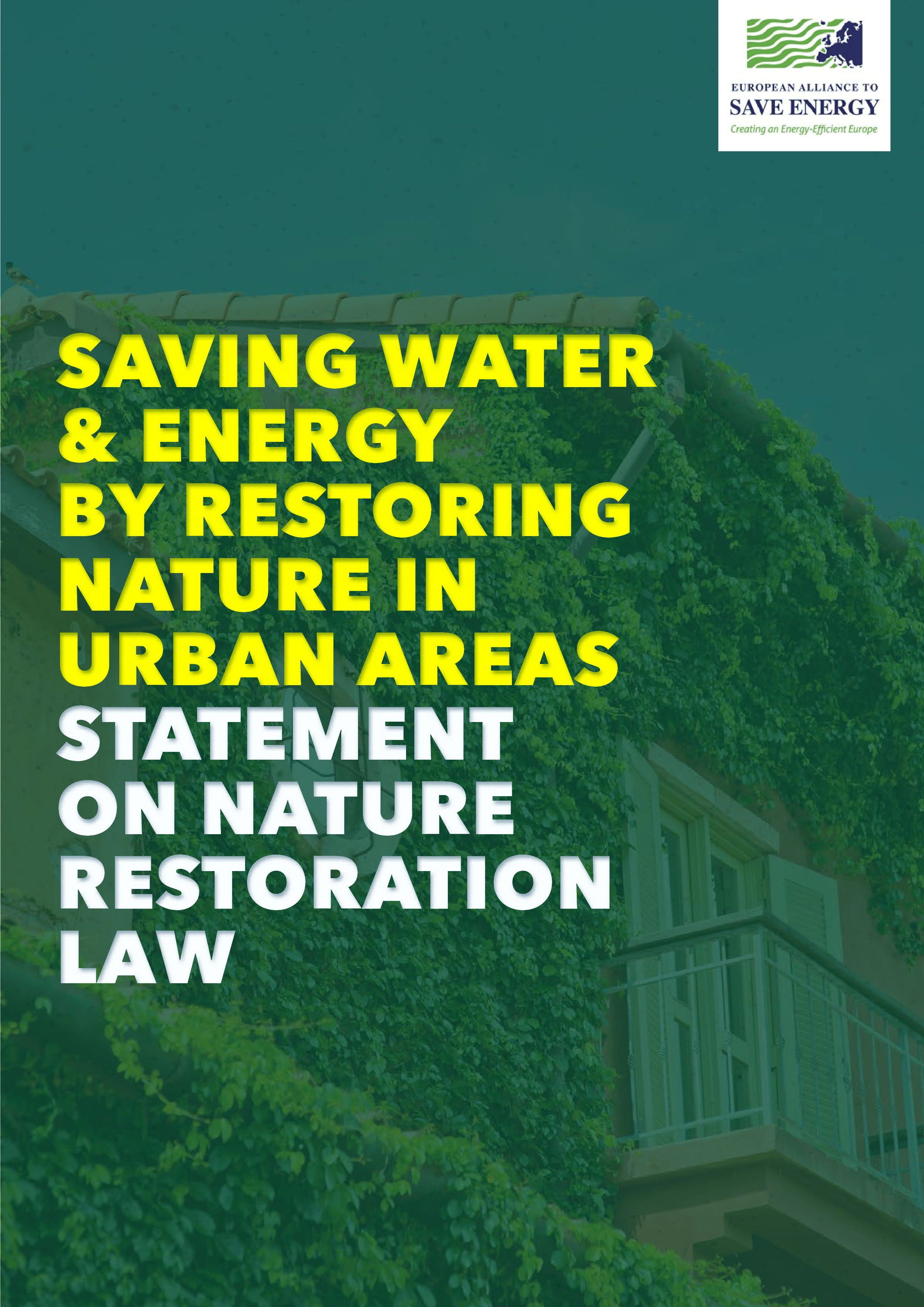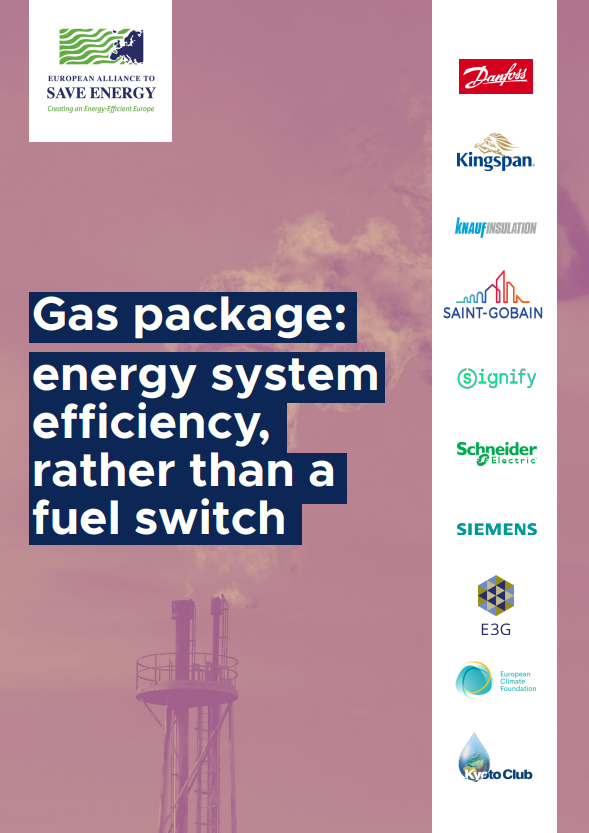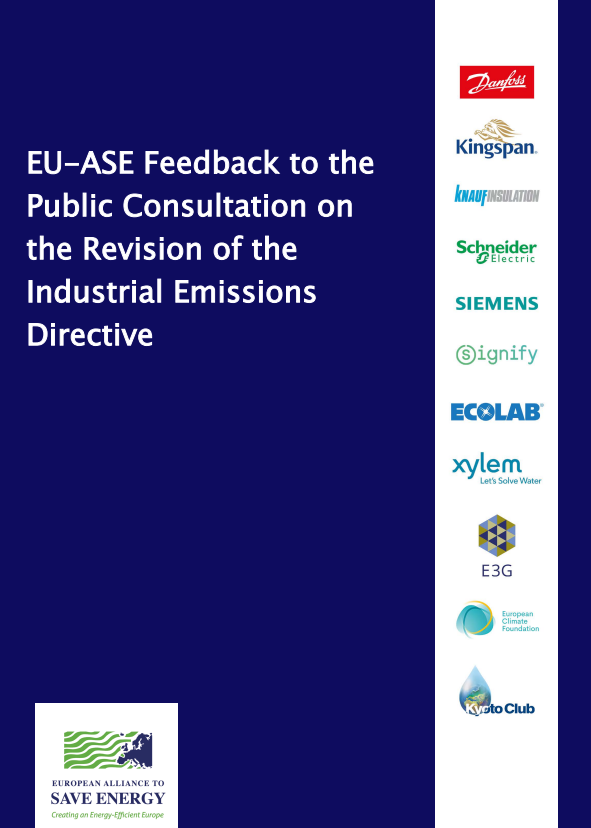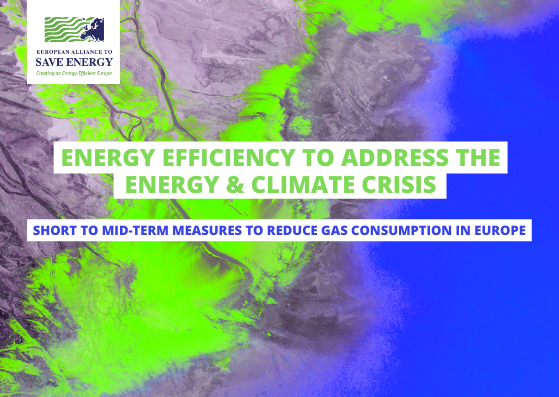Saving Water and Energy By Restoring Nature In Urban Areas: Statement on Nature Restoration Law
European Alliance to Save Energy (EU-ASE) welcomes the European Commission’s proposal for a Nature Restoration Law and supports the ambition presented by the ENVI rapporteur in the European Parliament to increase the restoration objective and set higher targets for the restoration of terrestrial, coastal, freshwater, marine, and urban ecosystems.
Nature restoration, ecosystem degradation, and biodiversity loss are critical issues for the European Union due to their impact on the environment, human health, and the economy. It poses a significant challenge to the EU`s sustainability goals, promotion of green growth, and achievement of a climate-neutral society.
The proposal includes some provisions that can promote the realisation of the water-energy nexus i.e. the ability to simultaneously save water and energy.
EU-ASE supports Article 6 on the restoration of urban ecosystems. We also support Article 11 which proposes the introduction of National Restoration Plans.
Green urban infrastructure and permeable surfaces in cities, such as urban parks, green roofs, and green walls, can contribute to saving energy and restoring nature in cities while supporting biodiversity, improving air and water quality, and providing recreational opportunities for urban dwellers, especially in densely populated areas.
The Nature Restoration Law has a significant importance in achieving Union climate goals and should be considered as another element of the package of legislation aiming to promote the deployment of energy efficiency technologies.
Read our full statement on Nature Restoration Law here.
About us
The European Alliance to Save Energy (EU-ASE) is a cross-sectoral, business-led organisation that ensures that the voice of energy efficiency is heard across Europe. EU-ASE members have operations across the 27 Member States of the European Union, employ over 340.000 people in Europe and have an aggregated annual turnover of €115 billion.





